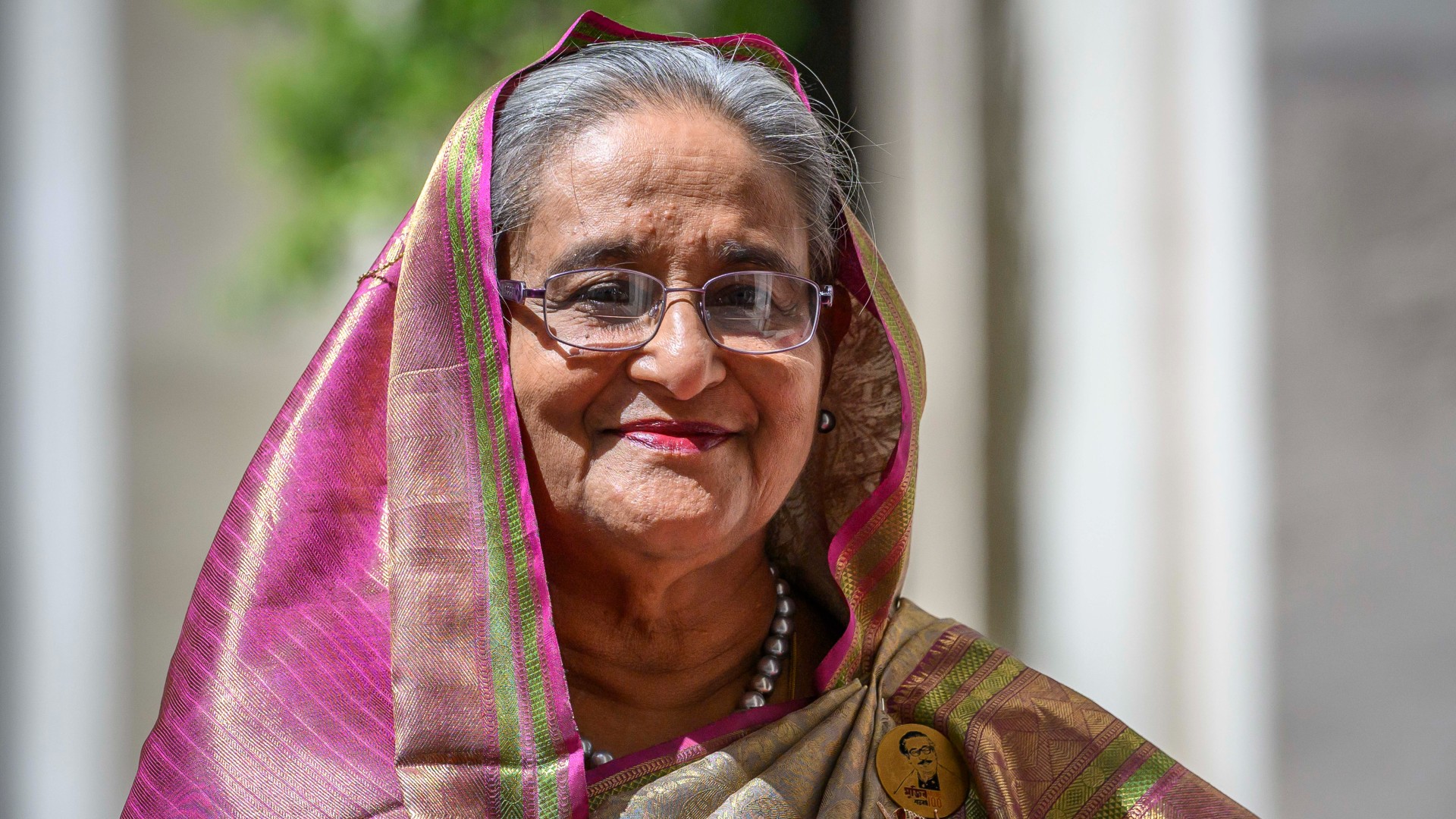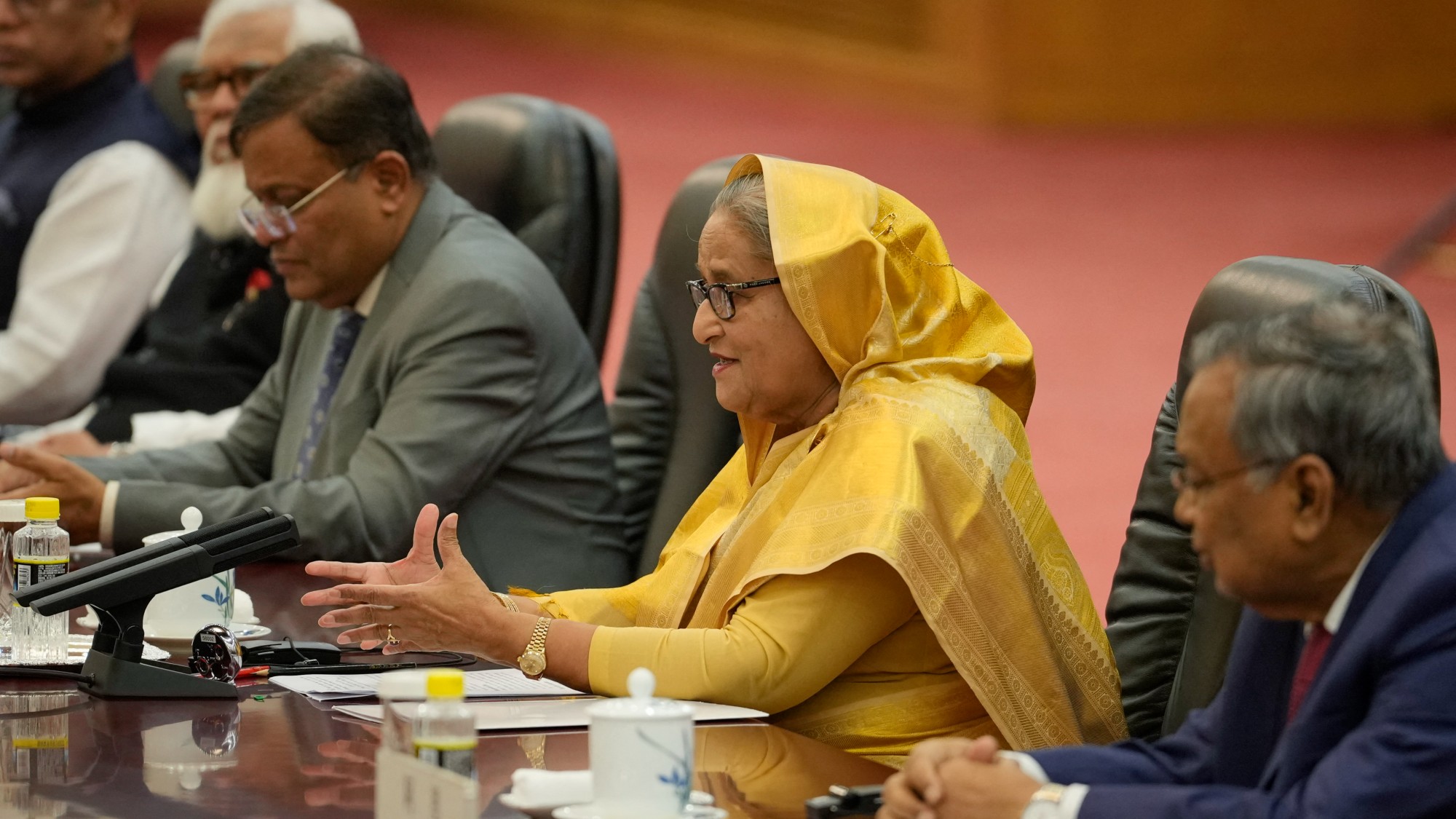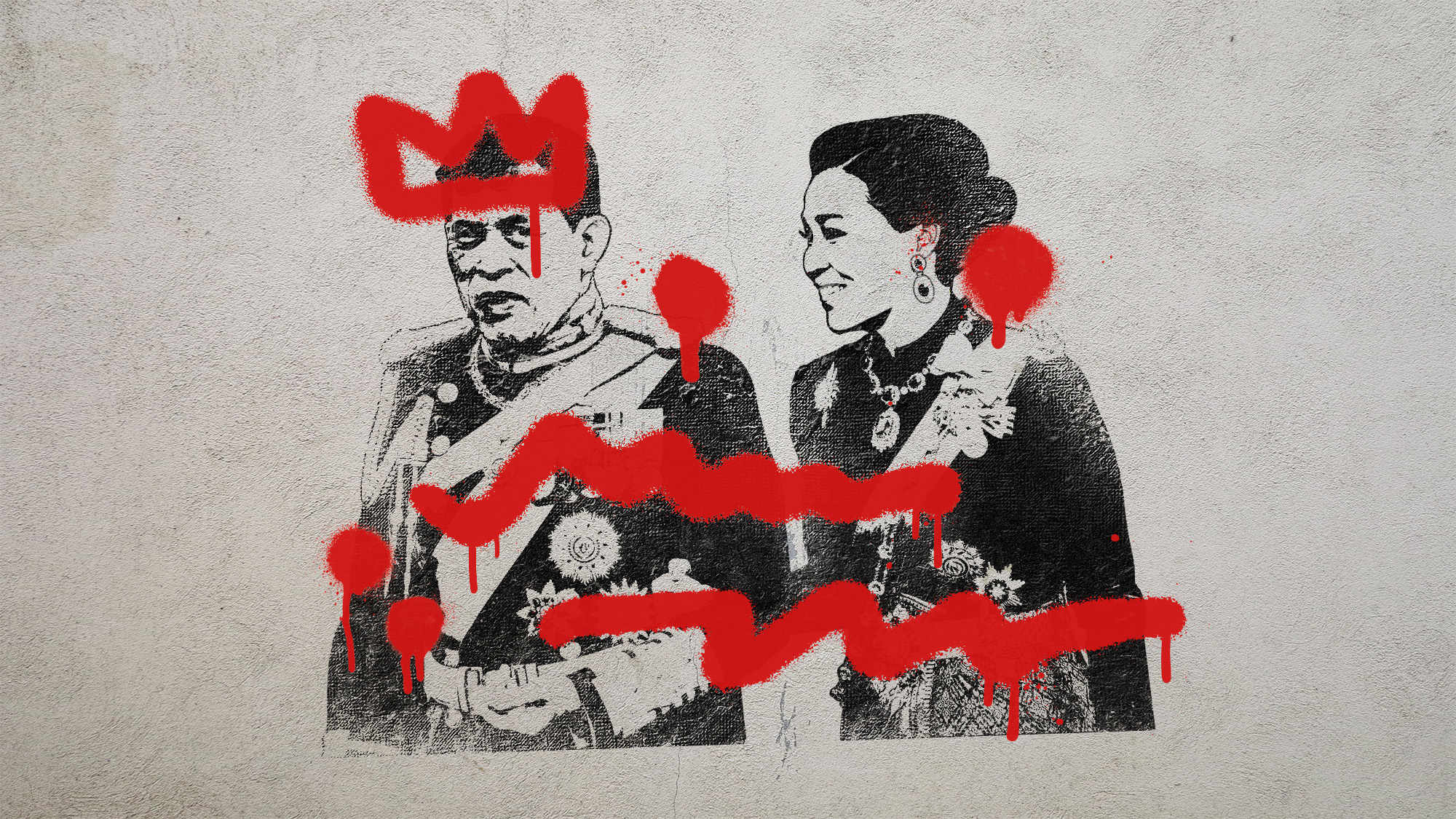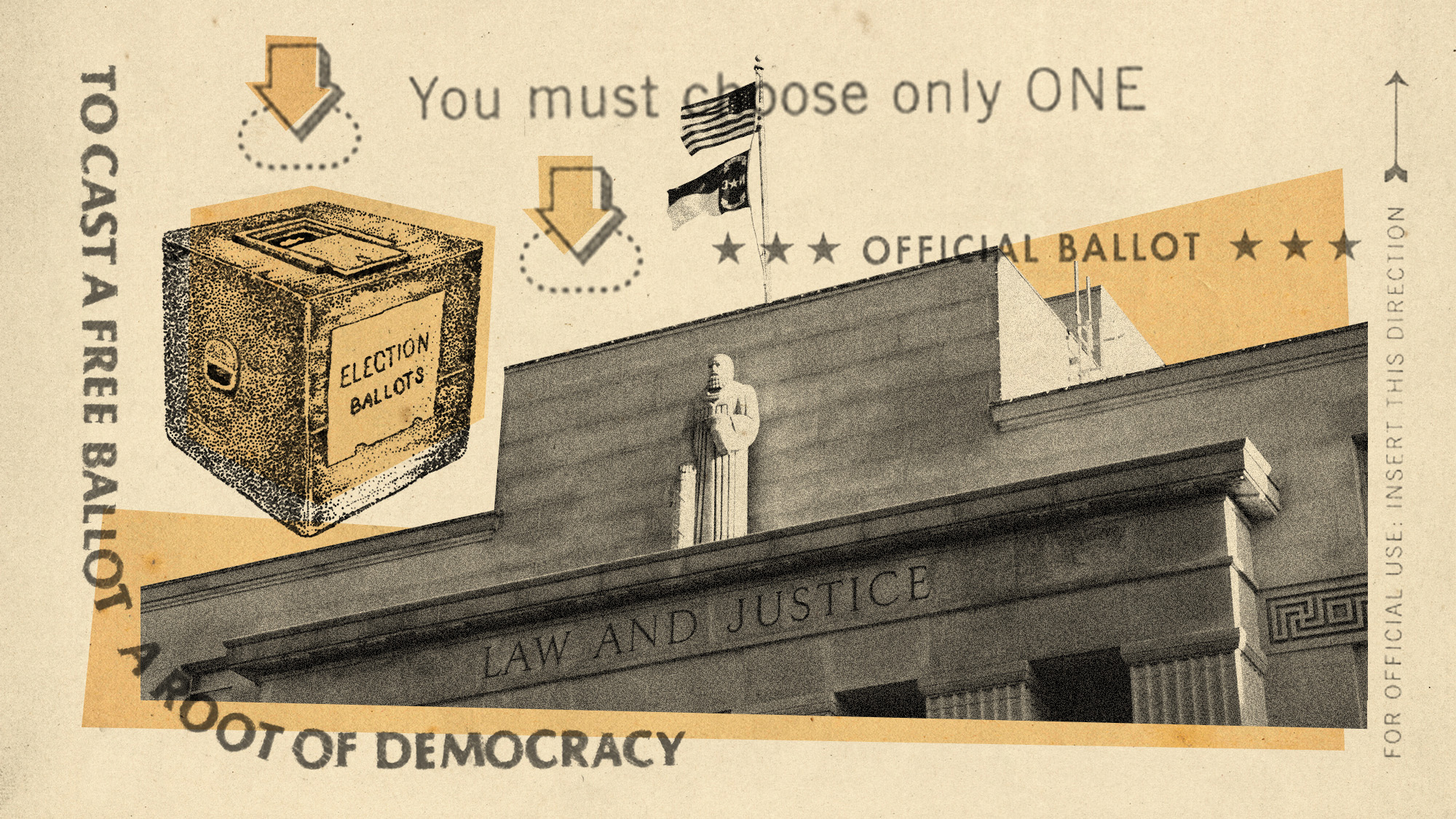Turmoil in Bangladesh: the fury over a quota system
Protests have been met with a wave of police brutality that left around 200 people dead

A free daily email with the biggest news stories of the day – and the best features from TheWeek.com
You are now subscribed
Your newsletter sign-up was successful
A "bizarre national crisis" has shaken Bangladesh, said Sharmeen Murshid in the Daily Star (Dhaka). It began when students staged protests demanding an end to an outdated quota system that requires 30% of civil service jobs to go to descendants of those who fought in the nation's 1971 war of independence from Pakistan.
The protests, though peaceful, were met with a wave of police brutality that left around 200 people dead and thousands injured. That led to violence spreading across this nation of 174 million people, so a nationwide curfew was enforced, with soldiers ordered to shoot on sight. In a few days, the chaos abated, but how on earth did "legitimate" protests trigger such an appallingly disproportionate response?
Entrenching power
The hated quota system was set up more than 50 years ago, by the then prime minister, Sheikh Mujibur Rahman, the father of the present PM, said Salil Tripathi in Foreign Policy (Washington). The idea was to reward veterans of that bloody war and their descendants – the people who formed the backbone of his own party, the Awami League (AL). But almost 50 years after Rahman was killed in the 1975 military coup, the system's effects are being felt by the 400,000 young graduates who each year compete for the 3,000 or so much-coveted civil service vacancies.
The Week
Escape your echo chamber. Get the facts behind the news, plus analysis from multiple perspectives.

Sign up for The Week's Free Newsletters
From our morning news briefing to a weekly Good News Newsletter, get the best of The Week delivered directly to your inbox.
From our morning news briefing to a weekly Good News Newsletter, get the best of The Week delivered directly to your inbox.
The quota is widely seen as a way of entrenching the power of Rahman's daughter, Sheikh Hasina, who has been PM for the past 15 years. She's a compelling figure, said Mujib Mashal in The New York Times. A secular Muslim given to wearing colourful saris, she has fought Islamic militancy, lifted millions out of poverty and somehow managed to keep on good terms with both India and China. But her rule has been marred by voter fraud, corruption and, most of all, her unwavering tendency to reward AL supporters while seeking vengeance against heirs of the 1975 coup plotters.
'Calamitous' damage
Her response to the protests was characteristically ruthless, said The Economist: she cut off the internet, and had some 61,000 people charged by the authorities. At least her government has now had the good sense to reduce the quota to 5%. But students' grievances are about more than the quota.
Almost every job for educated Bangladeshis "runs through the AL", the student wing of which acts as a "murderous vigilante force" exercising sway over university life: it even controls the "distribution of scarce rooms for undergraduates". The AL and Hasina will "probably survive for now"; but the damage to her party, and to her own standing, could yet prove "calamitous" in the long term.
A free daily email with the biggest news stories of the day – and the best features from TheWeek.com
-
 How the FCC’s ‘equal time’ rule works
How the FCC’s ‘equal time’ rule worksIn the Spotlight The law is at the heart of the Colbert-CBS conflict
-
 What is the endgame in the DHS shutdown?
What is the endgame in the DHS shutdown?Today’s Big Question Democrats want to rein in ICE’s immigration crackdown
-
 ‘Poor time management isn’t just an inconvenience’
‘Poor time management isn’t just an inconvenience’Instant Opinion Opinion, comment and editorials of the day
-
 Why the Bangladesh election is one to watch
Why the Bangladesh election is one to watchThe Explainer Opposition party has claimed the void left by Sheikh Hasina’s Awami League but Islamist party could yet have a say
-
 Sheikh Hasina: why ousted Bangladesh PM has been sentenced to death
Sheikh Hasina: why ousted Bangladesh PM has been sentenced to deathThe Explainer The country’s longest-serving leader spearheaded a ‘ruthless, state-led crackdown’ of protestors in 2024, and faces extradition from India
-
 Western Alaska reels as storm aftermath prompts mass evacuations
Western Alaska reels as storm aftermath prompts mass evacuationsUNDER THE RADAR Alaskan lawmakers point to climate change as airlifts relocate hundreds from coastal communities devastated by the remnants of Typhoon Halong
-
 Recreation or addiction? Military base slot machines rake in millions.
Recreation or addiction? Military base slot machines rake in millions.Under the Radar There are several thousand slot machines on military bases
-
 The horse racing industry is caught up in the migrant debate
The horse racing industry is caught up in the migrant debateUnder the Radar At least 78% of the workers on race tracks are reportedly immigrants
-
 An American faces years in jail for allegedly insulting Thailand's monarchy
An American faces years in jail for allegedly insulting Thailand's monarchyUnder the Radar The country's laws against insulting the monarchy are some of the world's strongest
-
 Why has Tulip Siddiq resigned?
Why has Tulip Siddiq resigned?In Depth Economic secretary to the Treasury named in anti-corruption investigations in Bangladesh
-
 North Carolina Supreme Court risks undermining its legitimacy
North Carolina Supreme Court risks undermining its legitimacyUnder the radar A contentious legal battle over whether to seat one of its own members threatens not only the future of the court's ideological balance, but its role in the public sphere